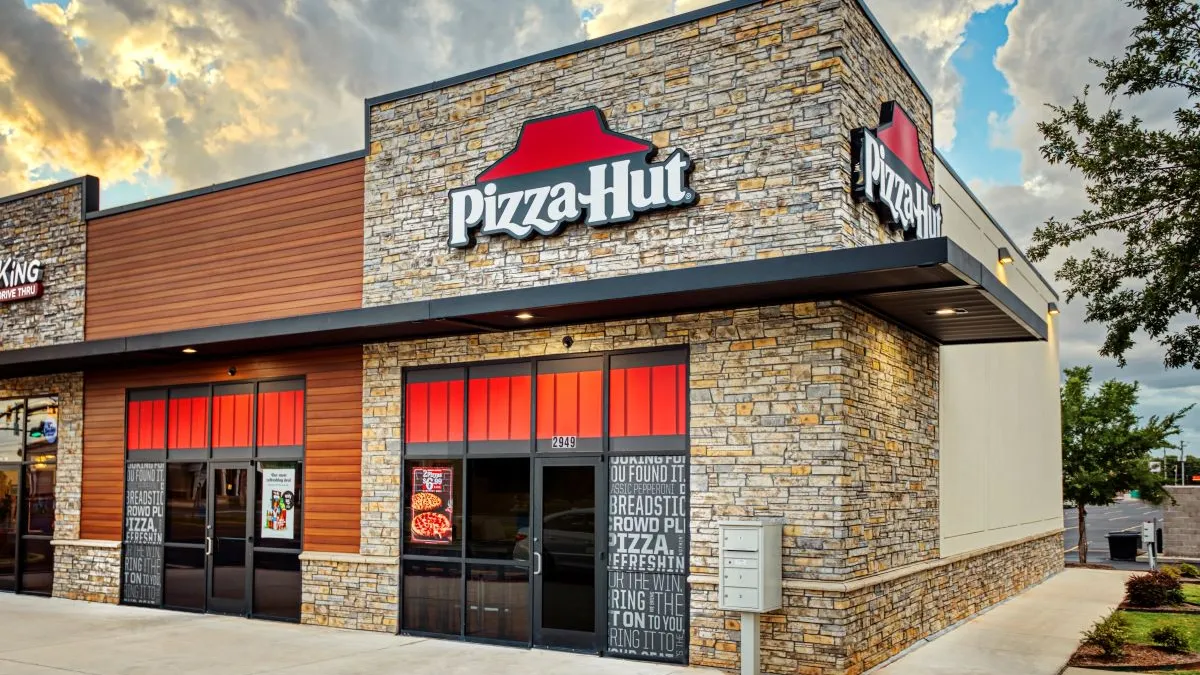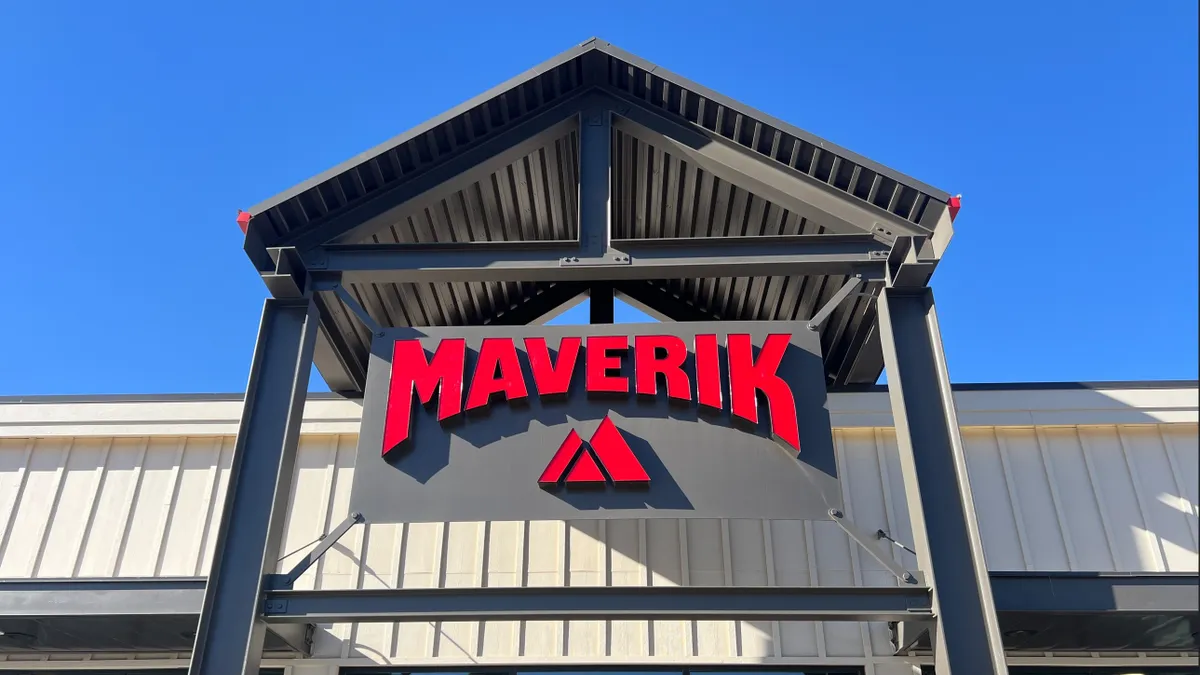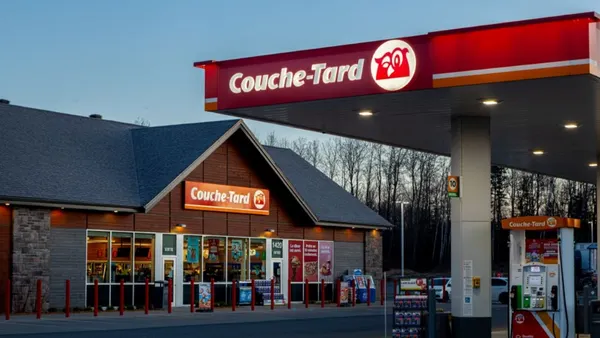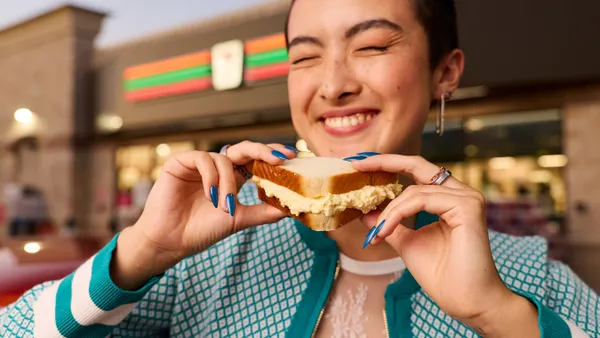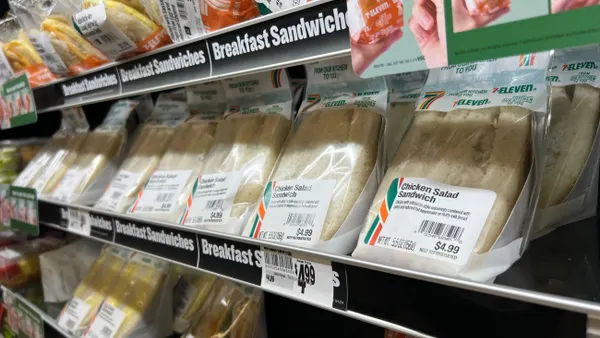Fueling Up is a column from C-Store Dive offering a fresh perspective on the top news and trends in the convenience store industry.
Yum! Brands has reached a breaking point with Pizza Hut. The Kentucky-based fast-food conglomerate revealed earlier this month that it has begun a strategic review of the pizza chain that could result in a sale. It comes amid a rough stretch for Pizza Hut, which has seen same-store sales declines for the past seven quarters.
“The Pizza Hut team has been working hard to address business and category challenges; however, Pizza Hut’s performance indicates the need to take additional action to help the brand realize its full value, which may be better executed outside of Yum! Brands,” CEO Chris Turner said in the announcement.
Yum! clarified that there’s no timetable for when it intends to complete the review, and that there’s no guarantee anything will come from it. In other words, it’s taking its time. That gives potential buyers the space to get their ducks in a row to make a worthy bid.
Which leads me to the question that I can’t seem to shake:
Who says a convenience retailer can’t acquire Pizza Hut?
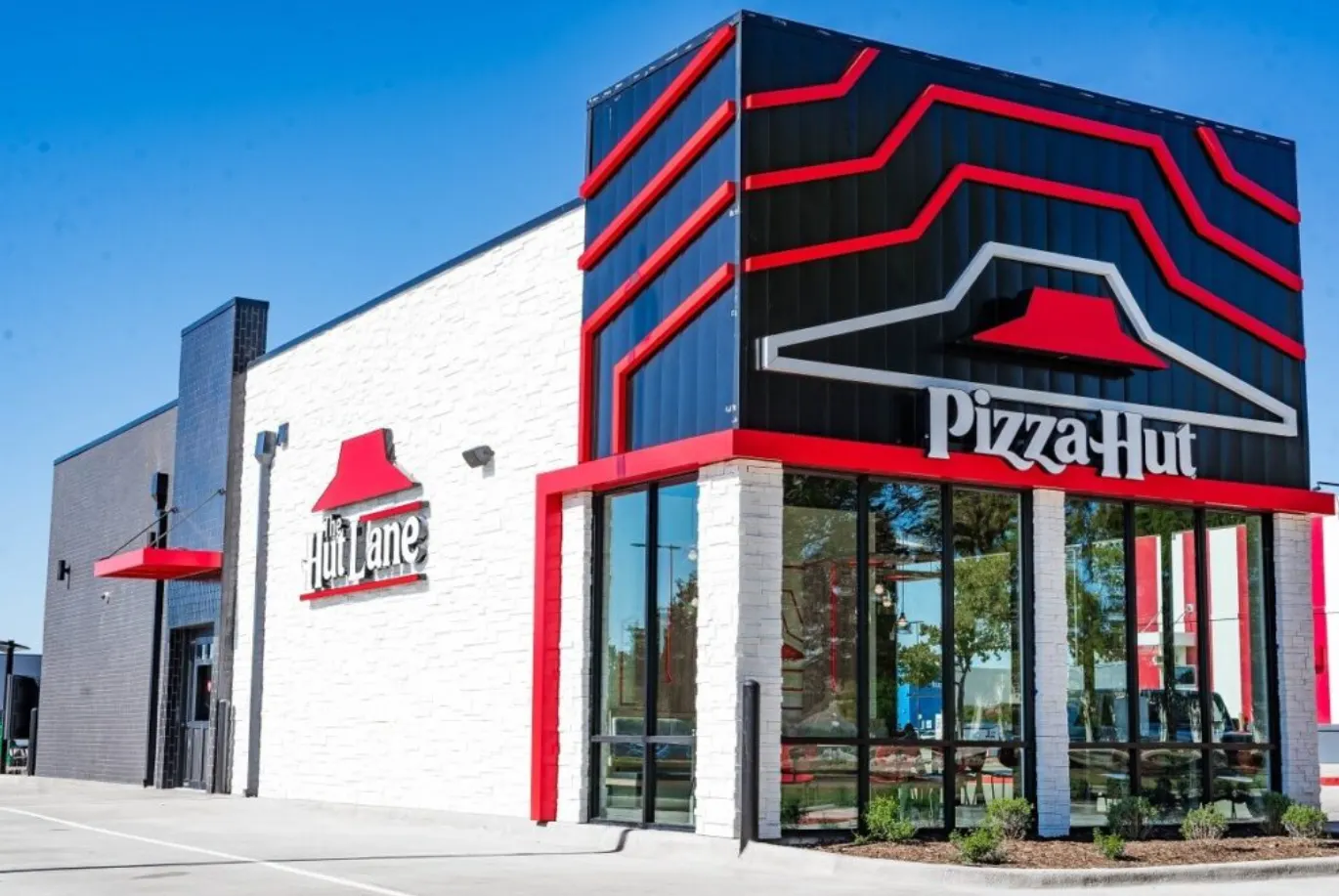
It sounds outlandish. But when you really think about it, it not only makes sense, but starts to sound realistic.
Convenience retailers are placing fresh food at the forefront of their businesses now more than ever. And that doesn’t just mean fruit cups or pre-packaged wraps. Operators large and small are investing in staff, equipment and foodservice programs that aim to match, and even exceed, those of QSRs. Whether it be fried chicken, burgers, hot sub sandwiches or fresh salads — you name it, and there’s probably a c-store operator selling a high quality version.
Sure, 7-Eleven has its proprietary QSR brands such as Laredo Taco Company and Raise the Roost Chicken and Biscuits, while retailers like Applegreen and EG Group franchise big-name QSRs from Starbucks to Burger King. But straight-up acquiring a well-known QSR brand is unfamiliar territory for c-store retailers — or was until recently.
In September, RaceTrac agreed to acquire sandwich chain Potbelly’s roughly 450 sites across the U.S. for $566 million. RaceTrac already had an in-house foodservice program that included breakfast food, pizza, roller grill hot dogs and a frozen yogurt program, but the Atlanta-based retailer took a major jump in its food evolution with the deal. Unlike its c-store competitors, RaceTrac isn’t creating an in-house, made-to-order program. Instead, it bought one that already has serious legs.
So why can’t another c-store retailer do the same with Pizza Hut?
“I can see a QSR play within 7-Eleven to be sort of that last major push to really bring some innovation into the banner."

Dino De Iuliis
Retail foodservice consultant
There’s no question it would be a tremendous undertaking. Pizza Hut has over 19,800 restaurants globally, including roughly 6,500 in the U.S., making it the second-largest pizza chain in the country, according to restaurant software company Toast. A purchase would likely require multiple billions of dollars, which few convenience retailers can match.
One that can — and is primed to make a move in 2026 — is Alimentation Couche-Tard, parent of Circle K.
The Canadian retailer was gunning to acquire 7-Eleven for most of 2025, until the companies ceased talks. Couche-Tard has over 17,000 c-stores across 29 countries, and although it’s invested in its food program in recent years, it lacks a notable QSR banner.
Dino De Iuliis, a Toronto-based retail consultant and former director of business transformation and corporate development at Walmart Canada, said he “wouldn’t be surprised” if Couche-Tard threw its hat into the ring for Pizza Hut.
“I can see that happening,” he said. “I think it makes a lot of sense.”
As long as we’re thinking big, why not 7-Eleven?
De Iuliis noted that even as 7-Eleven continues to invest in large-format, food-focused stores that feature its proprietary QSRs, buying Pizza Hut could be significant for the world’s largest c-store operator at a time when it’s struggled to build a reputation for its food in the U.S.
“I can see a QSR play within 7-Eleven to be sort of that last major push to really bring some innovation into the banner,” he said.
A likely scenario is that Yum! sells Pizza Hut to another conglomerate or maybe a private equity firm. Maybe another major restaurant chain buys it out.
But given the industry’s focus on not only competing with QSRs, but bringing their offerings to its stores, a convenience retailer buying Pizza Hut has to be on the table.


